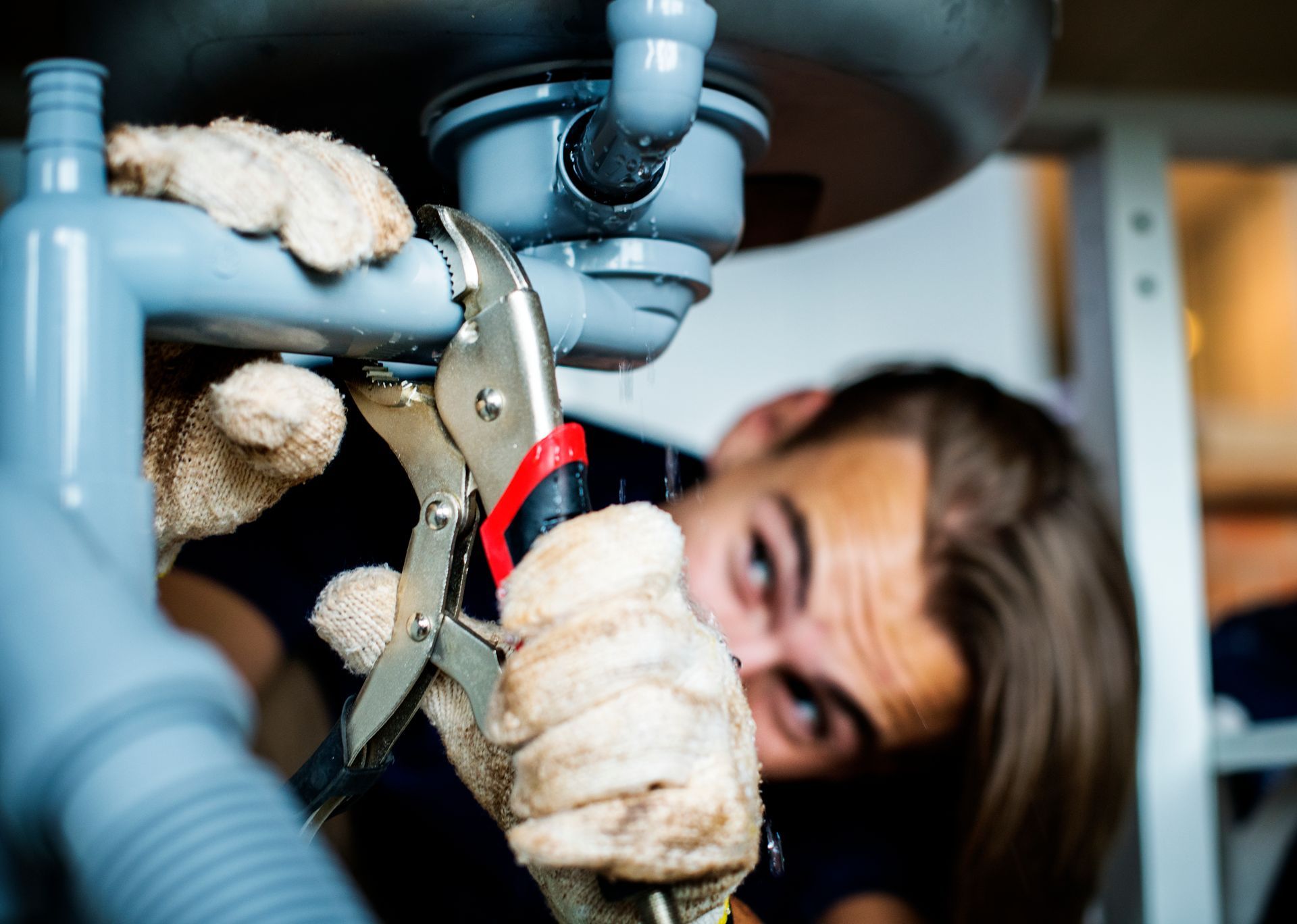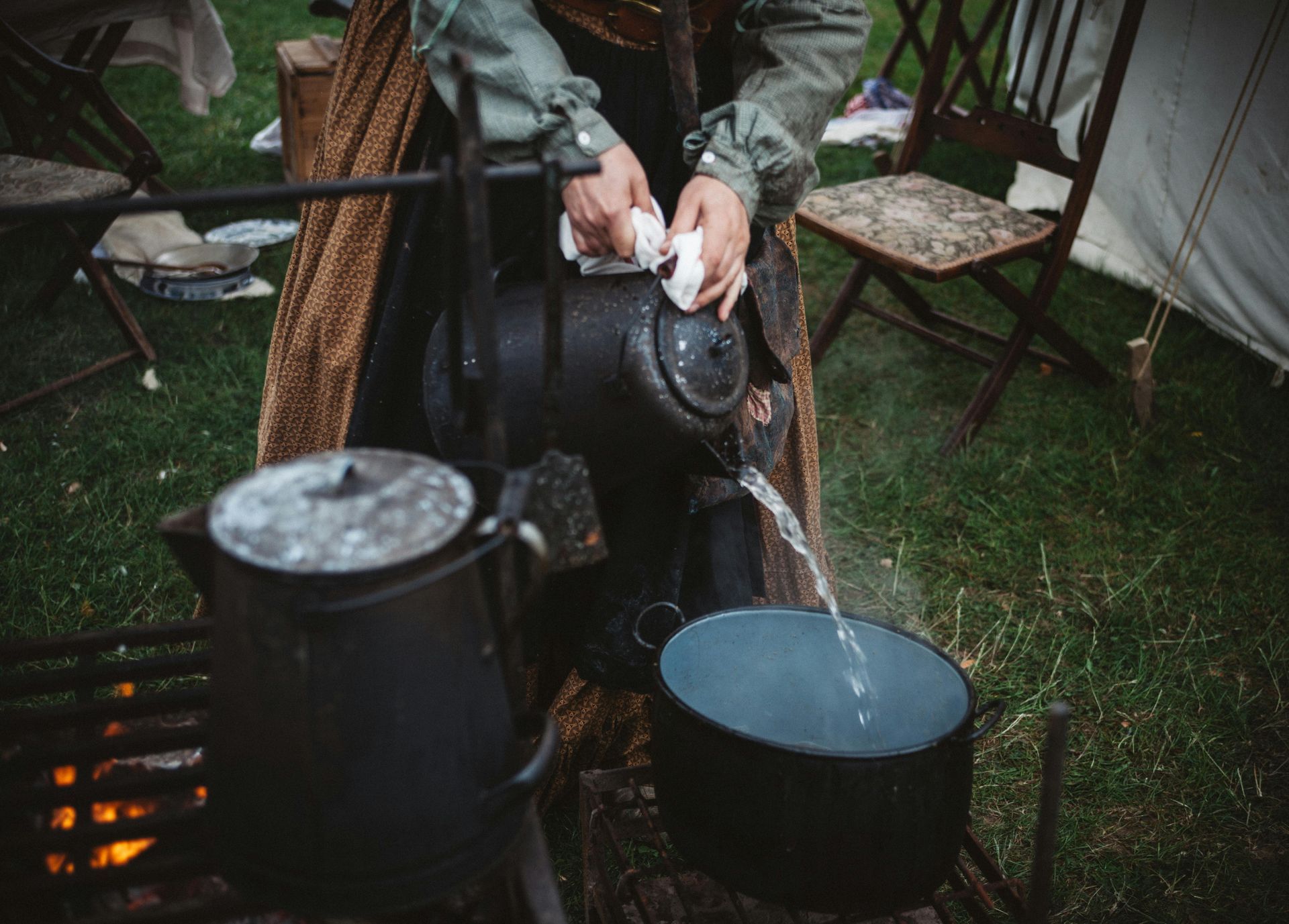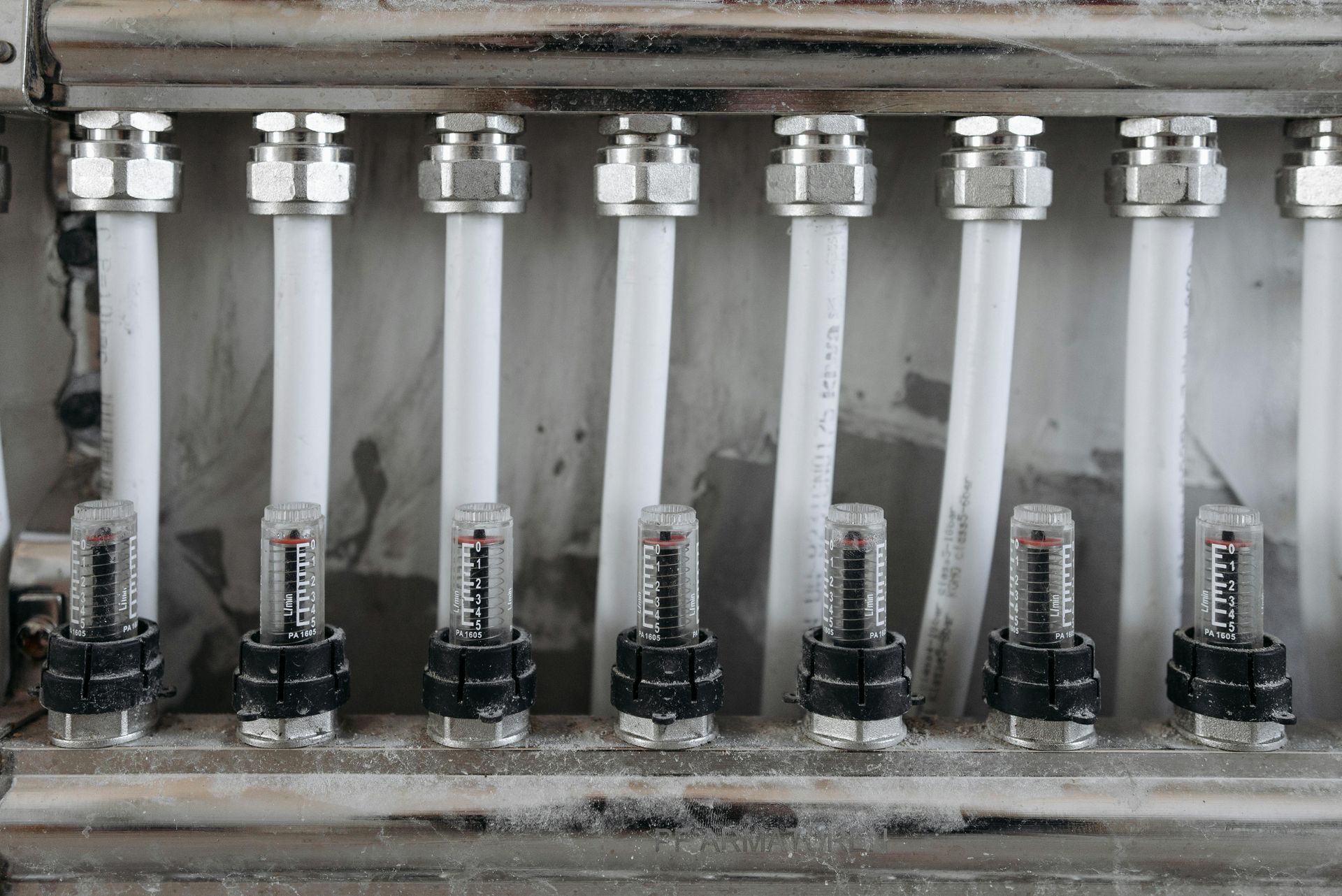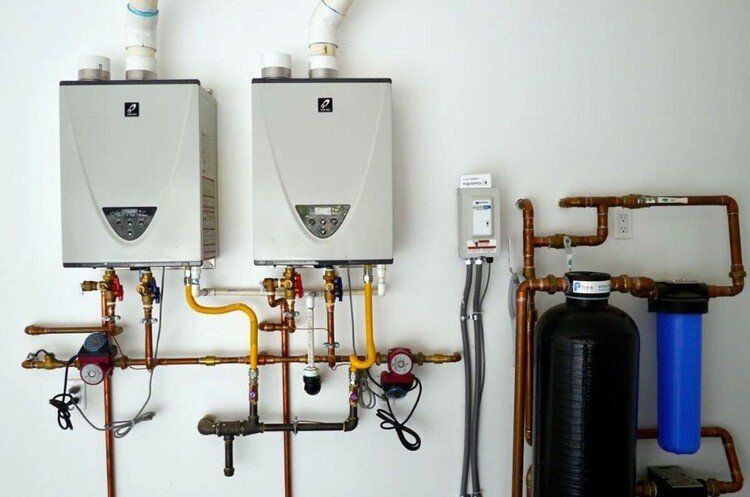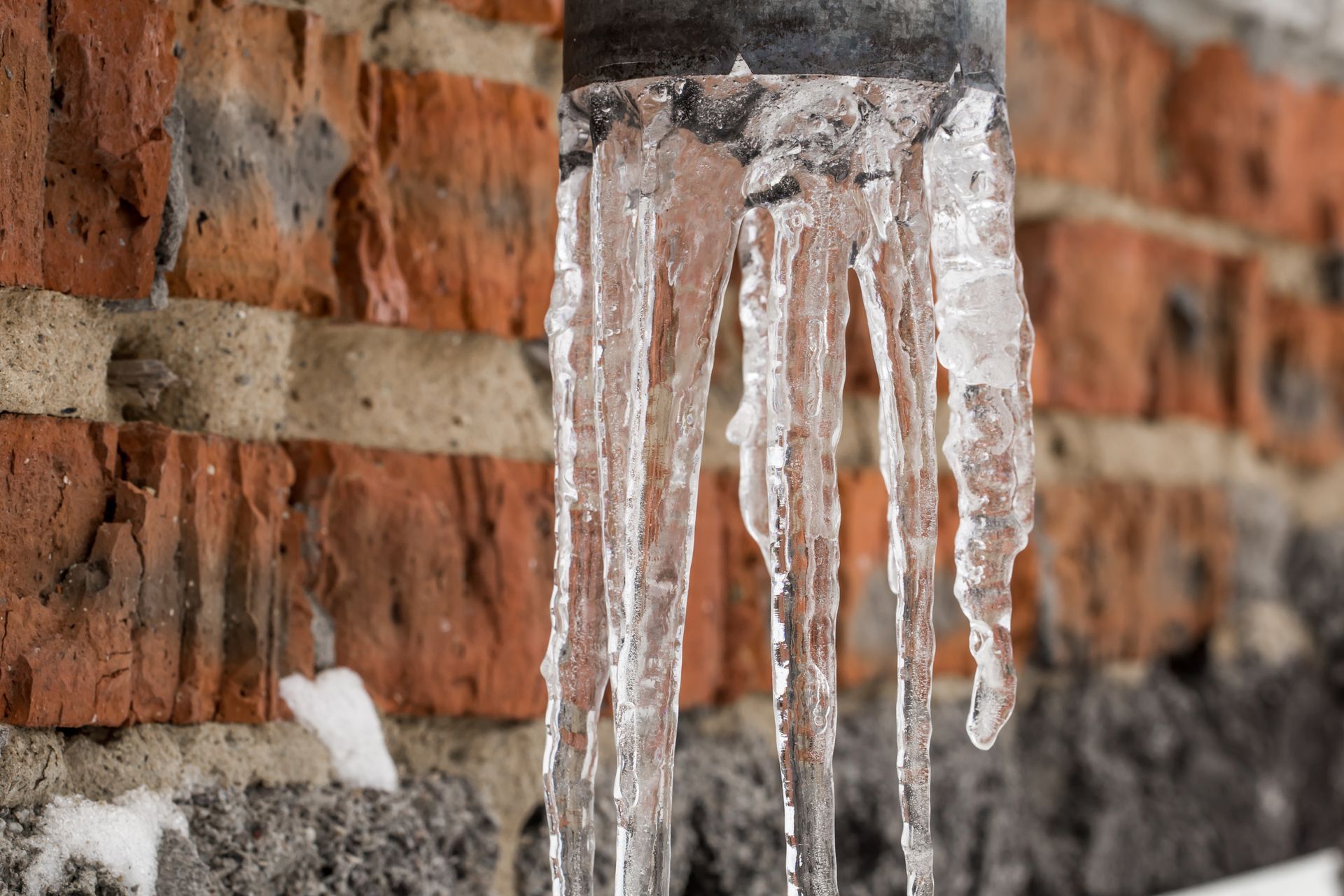Differences Between a Plumber and a General Contractor in Home Repairs
When embarking on home repair or renovation projects, understanding the distinctions between a plumber and a general contractor is crucial for ensuring the right expertise is enlisted. While both professionals are essential to maintaining and improving a home, their roles, qualifications, and areas of responsibility differ significantly. This article delves into these differences, providing an elaborate and professional overview to help homeowners make informed decisions.
Roles and Responsibilities of a Plumber
A plumber specializes in the installation, repair, and maintenance of water and drainage systems, including pipes, fixtures, sinks, toilets, and appliances such as garbage disposals. Plumbers handle specific technical challenges such as fixing leaks, unclogging drains, and ensuring water flow systems operate safely and efficiently. Their expertise extends to complex tasks like servicing water heaters and sewer lines, where precision and deep technical knowledge are imperative.
Companies like All City Plumbers often provide reliable plumbing services, including Emergency Services for urgent repairs that could impact a home’s water safety. Additionally, plumbers advise homeowners on practical maintenance tips to fix and prevent toilet paper clogs effectively, enhancing system longevity and reducing service interruptions.
Role of the General Contractor
In contrast, a general contractor's role is far broader and encompasses overseeing entire construction or renovation projects. This professional manages multiple trades and subcontractors, coordinates timelines, budgets, and compliance with building codes and permits. The general contractor orchestrates the overall workflow, ensuring that the project advances smoothly from planning and foundation work to final finishes.
While the general contractor may not perform the specialized plumbing tasks themselves, they hire licensed plumbers and other tradespeople, integrating those activities into the larger project. Their responsibility also includes liaising with homeowners, suppliers, and architects to uphold quality and adherence to safety regulations.
Overlapping Duties and Collaboration
Although the plumber and general contractor have clearly defined responsibilities, collaboration between the two is common on comprehensive home projects. For example, a plumber hired by a general contractor might install or upgrade components such as garbage disposals, ensuring proper technical execution within the builder’s timeline. Communication between these parties is vital to avoid delays and ensure code compliance and system compatibility.
Licensing, Training, and Expertise
Plumbers require specialized training focused solely on water, drainage, and sanitation systems, often backed by state or local licensing exams emphasizing health and safety standards. General contractors typically hold broader construction licenses covering multiple trades and require skills in project management and regulatory knowledge.
Businesses like All City Plumbers maintain certified plumbers who specialize in their craft, whereas general contractors may hold licenses allowing them to self-perform certain trades but more commonly subcontract specialists.
When to Hire Each Professional
For localized issues such as leaking pipes, clogged drains, or fixture installations, a plumber is the expert to call. Their focused knowledge addresses specific problems quickly and efficiently. Conversely, for larger renovations, new builds, or multi-trade projects requiring scheduling and oversight, a general contractor is essential to coordinate efforts and deliver results on schedule and budget.
Conclusion
The primary differences between a plumber and a general contractor lie in scope and specialization. Plumbers bring targeted expertise critical for the integrity of plumbing systems, while general contractors provide the comprehensive management necessary for complex construction projects. Engaging specialists like All City Plumbers ensures technical excellence for plumbing needs, complemented by the broad oversight of a competent general contractor. Understanding these roles empowers homeowners to make confident decisions, securing quality outcomes in home repair and renovation endeavors.

